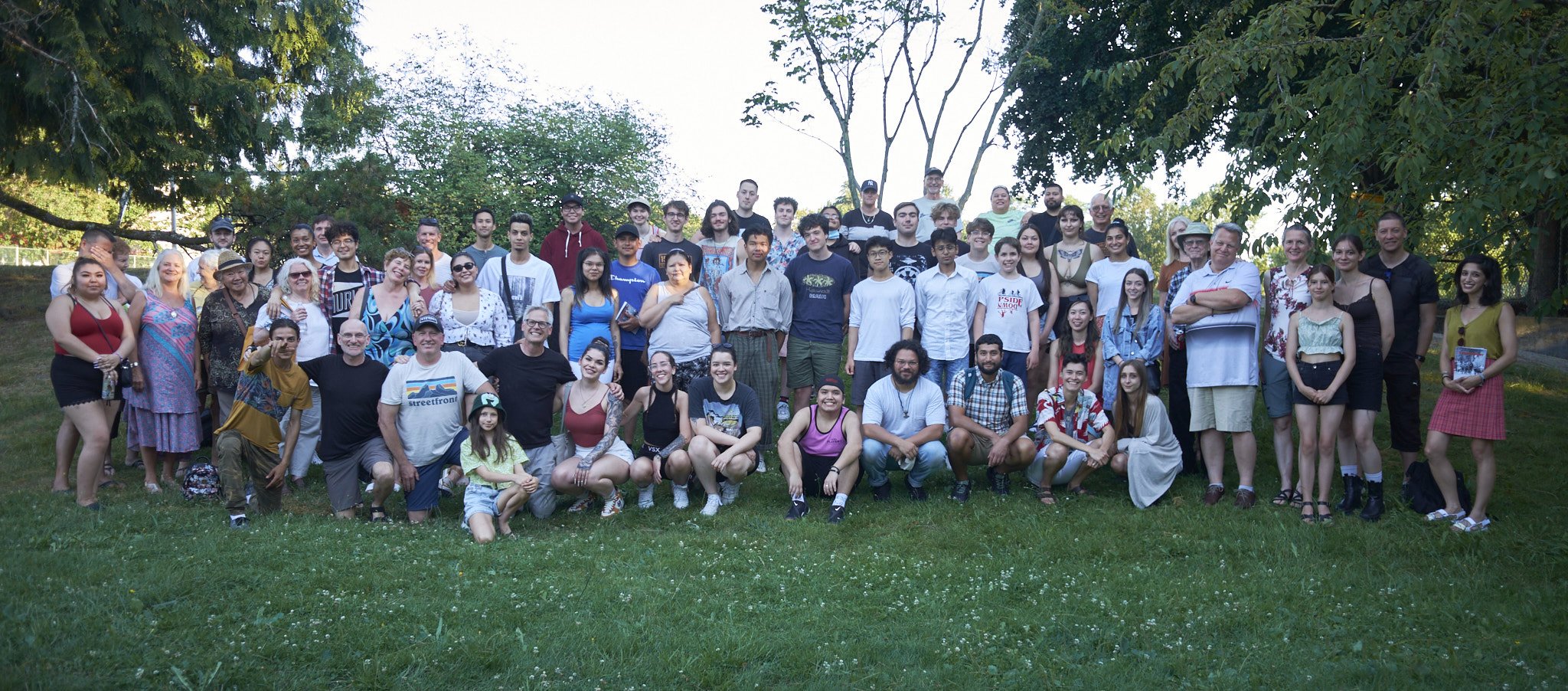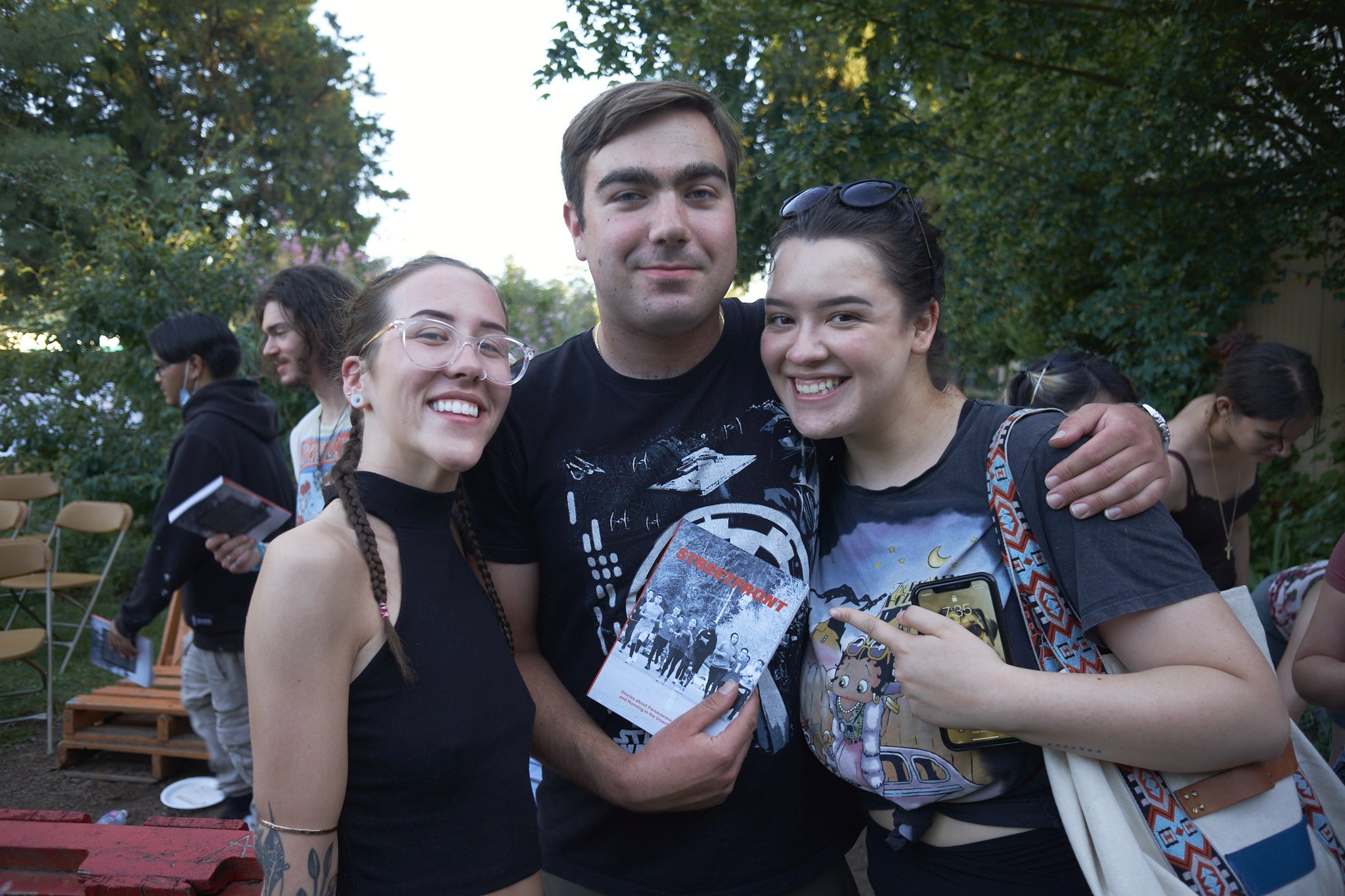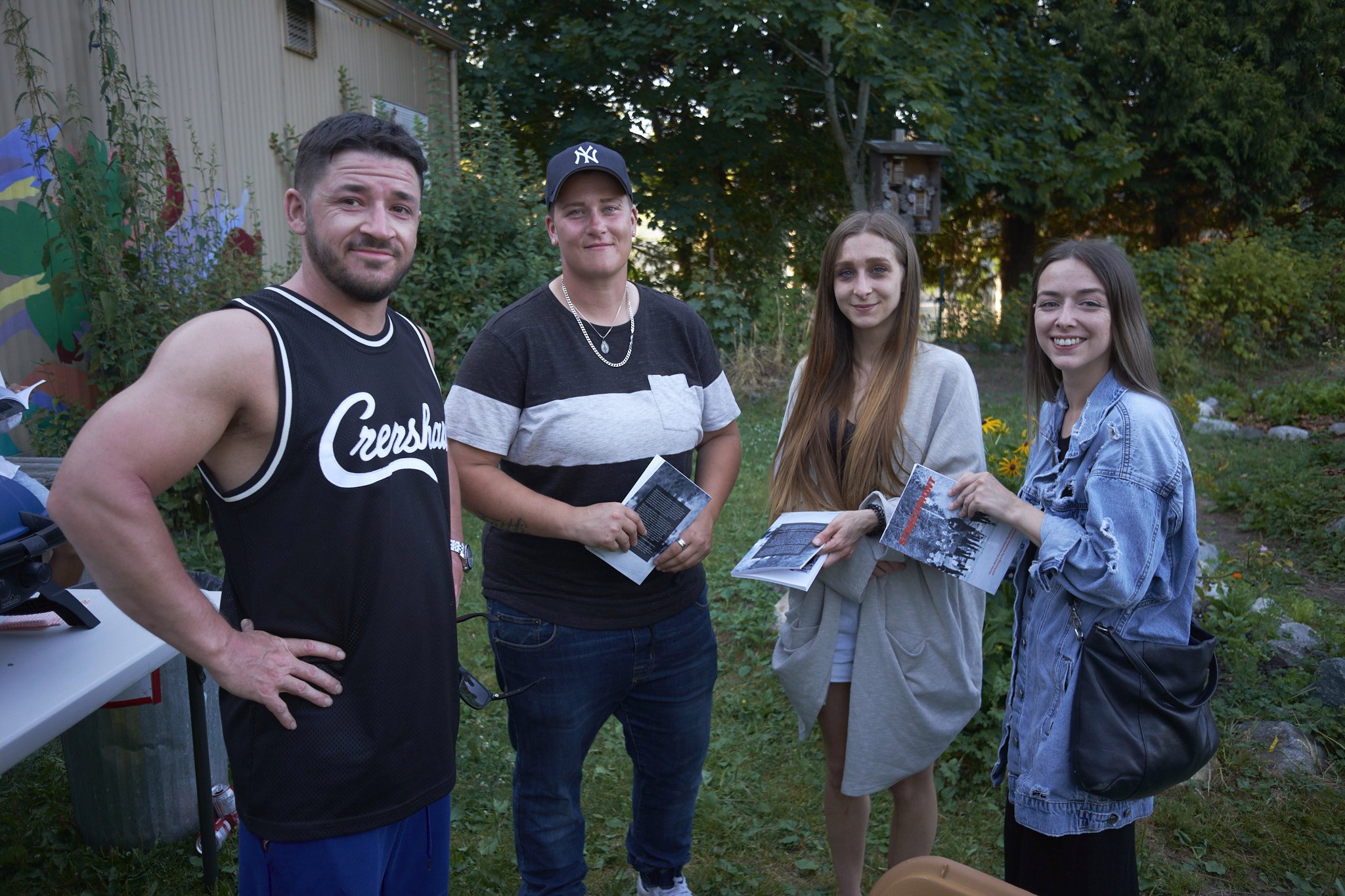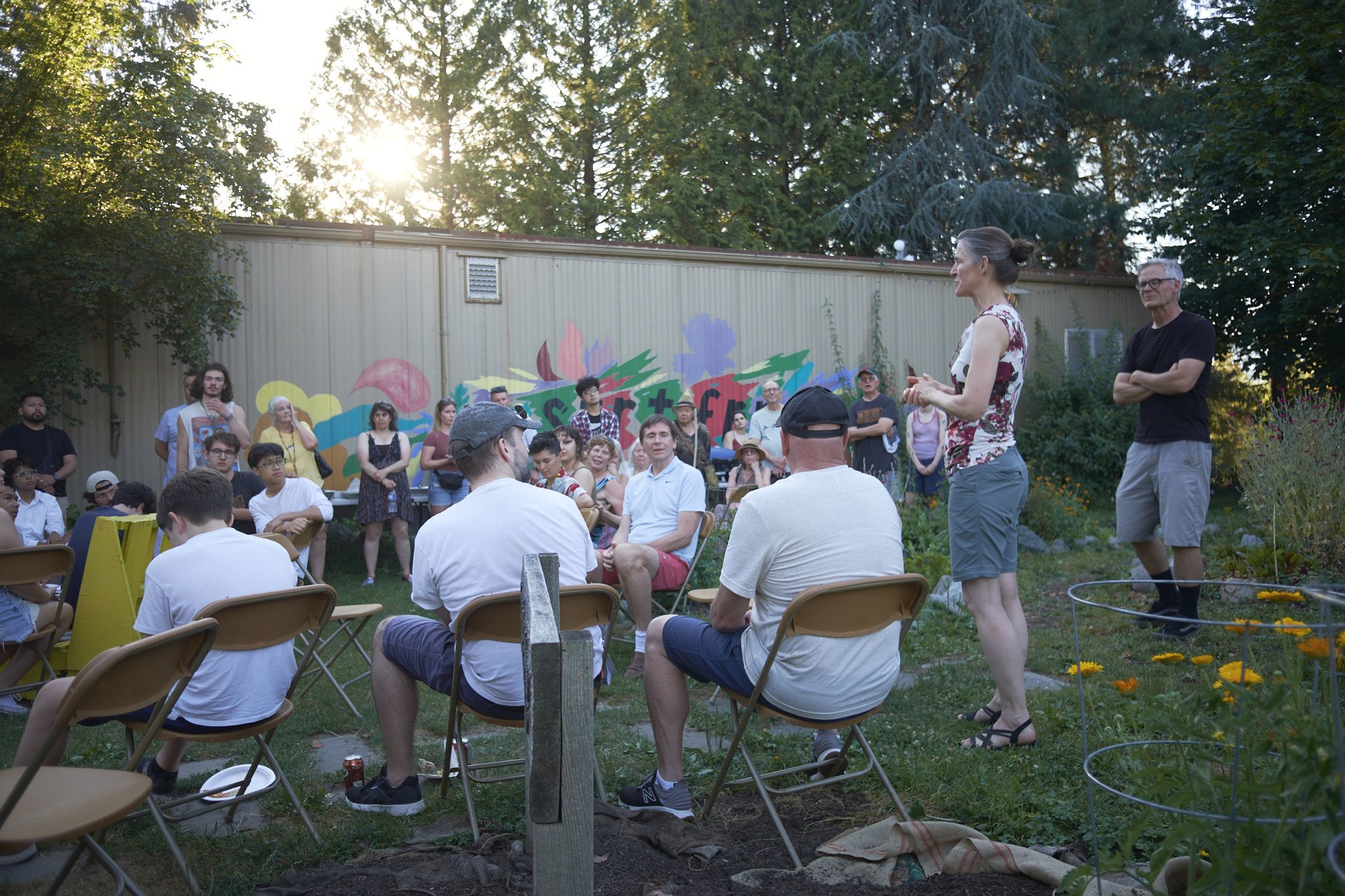Streetfront - Stories about Perseverance, Resilience and Running in the Downtown Eastside Vancouver
Open Research objectives/practices
The case study presented concerns a project about urban resilience with kids and teachers attending an alternative education programme in the Downtown Eastside (DTES) in Vancouver.
Rather than primarily processing data for a publication in a peer-reviewed scientific journal, the project is a co-production leading to a book that showcases the school as well as the stories of resilience of teenagers who can be considered marginalised, invisible and even ‘forgotten’ in Vancouver and perhaps Canada. The project was inspired by and initiated as a part of the ‘Diversity and Inclusion in the Urban Context’ Honours College broadening module and summer school. Throughout a year, there was close collaboration between UG students and Streetfront students and teachers in order to give shape to this book textually and visually, foregrounding the SF students though name and image and backgrounding the UG team.
The book collects stories of 12 (former) students; it addresses their past, what tools Streetfront gave to them, what challenges they have faced, and how they have overcome them. In the book, Streetfront is also described the context of alternative education, and social complex problems of the DTES.




Introduction
The Downtown Eastside (DTES) is one of the oldest neighbourhoods in Vancouver, and one that experiences a complex set of social issues that include mental illness, poverty, crime, homelessness and sex work. The DTES accommodates the largest share of indigenous people compared to other neighbourhoods, and they are disproportionately affected by said social issues as they experience systemic and structural racism resulting from colonialism.
Having said this, and while the DTES indeed “represents an extreme case of urban marginalization”, it is important to emphasise that the DTES is also a neighbourhood showing remarkable resilience, social cohesion, community development, cultural expression and a large number of non-profit organisations. It has been said that “ there is a need to unsettle ‘the narrative ghettoization of racialized spaces [and identities] as eternally Othered’ when referring to urban Aboriginality”.
The project generated original in-depth interviews carried out by HC students with 12 (indigenous) schoolkids as well as the 3 teachers at Streetfront. The students have a history of addiction, poverty, broken families, murders, foster care, and more, but are also the largest group of teenage marathon runners in the world. The interviews explore the alternative, active-based education ‘Streetfront’; a unique programme which uses (marathon)running to build self-confidence and positive outlooks on life in particular for youth growing up in adverse circumstances
Motivation
The book has the potential to inform and inspire youth and adults alike as well as governmental and non-governmental, and activist groups. Because it contributes to an emerging narrative of successful resistance and community activism, and one of positive transformation in the DTES. Thanks to a Sustainable Society Grant and funding from HC, 250 copies were printed. In the summer of 2022 an event was held at Streetfront in Vancouver to launch the book. Copies of the book were given to participants as well as local community members in the DTES, and local (higher) education institutes. The event all and feedback viewed via Social Media was evidence that the contents and presence of the book has an incredible impact on the community. This could not have been achieved with an article.
Lessons learned
Challenges included the availability of time and funding. Producing a book that is visually attractive and can ‘reach’ people so they gain a cognitive and emotional understanding of the context of SF, its struggles and its successes requires different skills than writing an article. In addition, a passion for people, communities and places is needed that goes beyond the (requirements of) academic work.
URLs, references and further information
About the booklaunch: https://viewpointvancouver.ca/2022/07/25/book-launch-for-britannia-secondary-schools-streetfront-alternative-program/
Post on FB Strachan Hartley Foundation Vancouver (impact) (28th of July): https://tinyurl.com/mr3d5vea
The pdf is accessible here (it is distributed for free and currently, we explore a web presence for the online version): https://drive.google.com/file/d/1XlBXLwtY4RYlnvEYI6GxlVlyOTPcfEWq/view?usp=sharing
